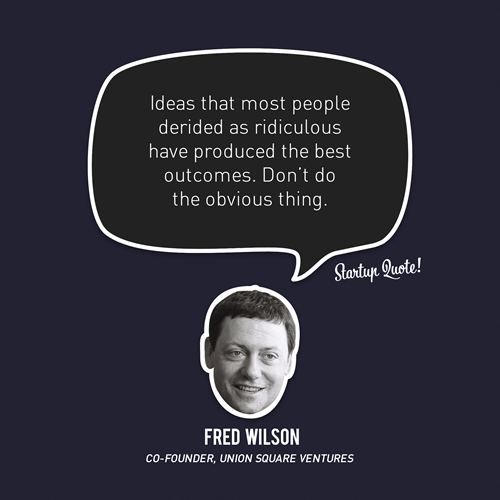The Academy For Software Engineering
A number of years ago, I wrote a blog post talking about the need to teach middle school and high school students how to write software. In the comments (where the good stuff happens), a Google engineer told me to go down to Stuyvesant High School and meet a teacher named Mike Zamansky who had taught him to write code in high school. So I did that and thus begun my education into the world of computer science education in the NYC public high school system. What I learned was that other than Mike's program at Stuyvesant and a few other small programs, there wasn't much. So began my quest to see more computer science and software engineering in the NYC public school system.
Yesterday I went up to the Morris High School in the Bronx to watch Mayor Bloomberg's State of The City Address. In a speech that was largely about the intertwined nature of education and the economy, he announced that the city is opening The Academy For Software Engineering this fall in the Union Square neighborhood of New York City. It was a proud moment for me and Mike Zamansky, who was seated next to me on the stage.
I want to personally thank the Mayor, his education team led by Dennis Walcott, and his economic development team led by Robert Steel for adopting an integrated set of technology, economic development, and education policies and then aggressively rolling them out city wide. The Academy For Software Engineering is just one part of a much bigger strategy of developing new industries and new jobs in New York City and making sure we have the education resources, both in K-12 and at the college/university level, to properly staff these new industries.
The Academy Of Software Engineering is not a "specialized school." It will be open to all students as part of the high school admissions process in NYC. The City's goal (and mine too) is to open up opportunities for many more students than the small number of specialized schools can deliver. Hopefully the curriculum that is developed and teachers that are trained at the Academy will get rolled out into high schools all over the city in the coming years.
The Gotham Gal and I have provided the initial financial support to hire a new schools team and recruit a top notch Principal. But we do not want to be front and center in this story. The team at the DOE and City Hall that has brought this school to life and the Advisory Board of educators and industry leaders (led by Evan Korth of NYU) should get way more credit for what has happened to date. And we will need more financial and industry support (as well as a fantastic Principal) to make this school a success. So if you would like to join us in this effort, please email me via the contact link at the bottom of this blog and let me know how you would like to help. This is an ambitious effort and we will need it.









